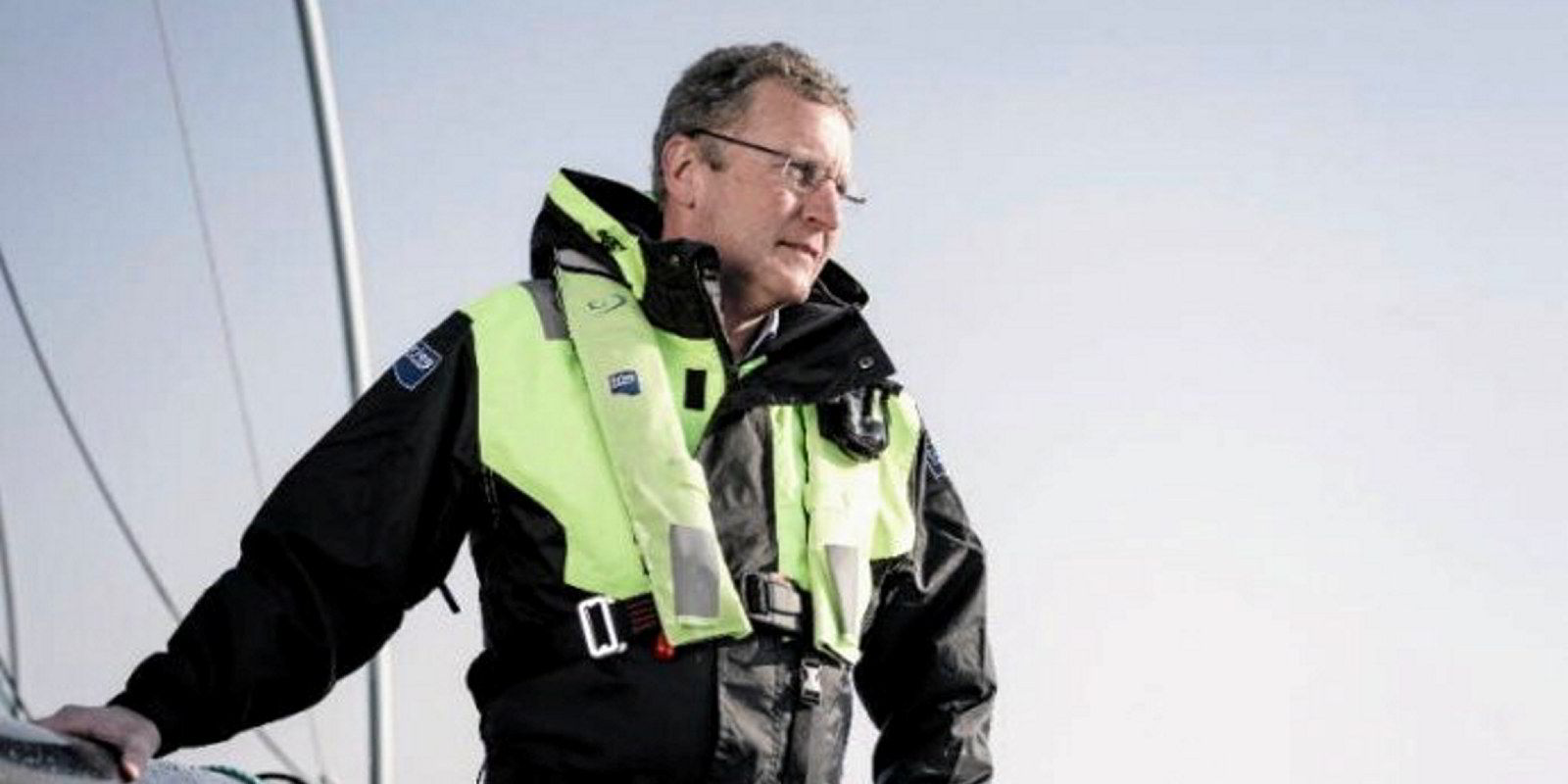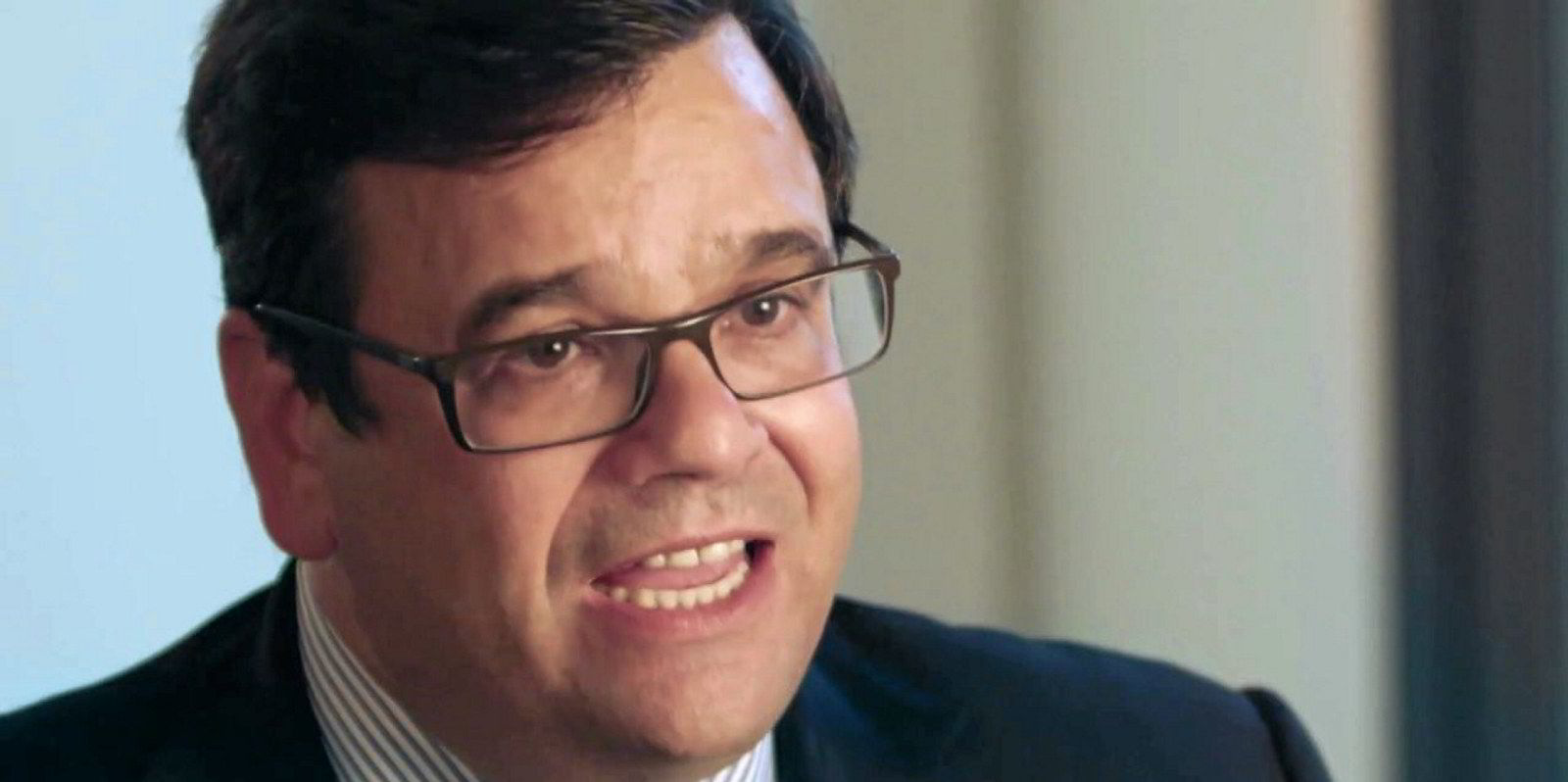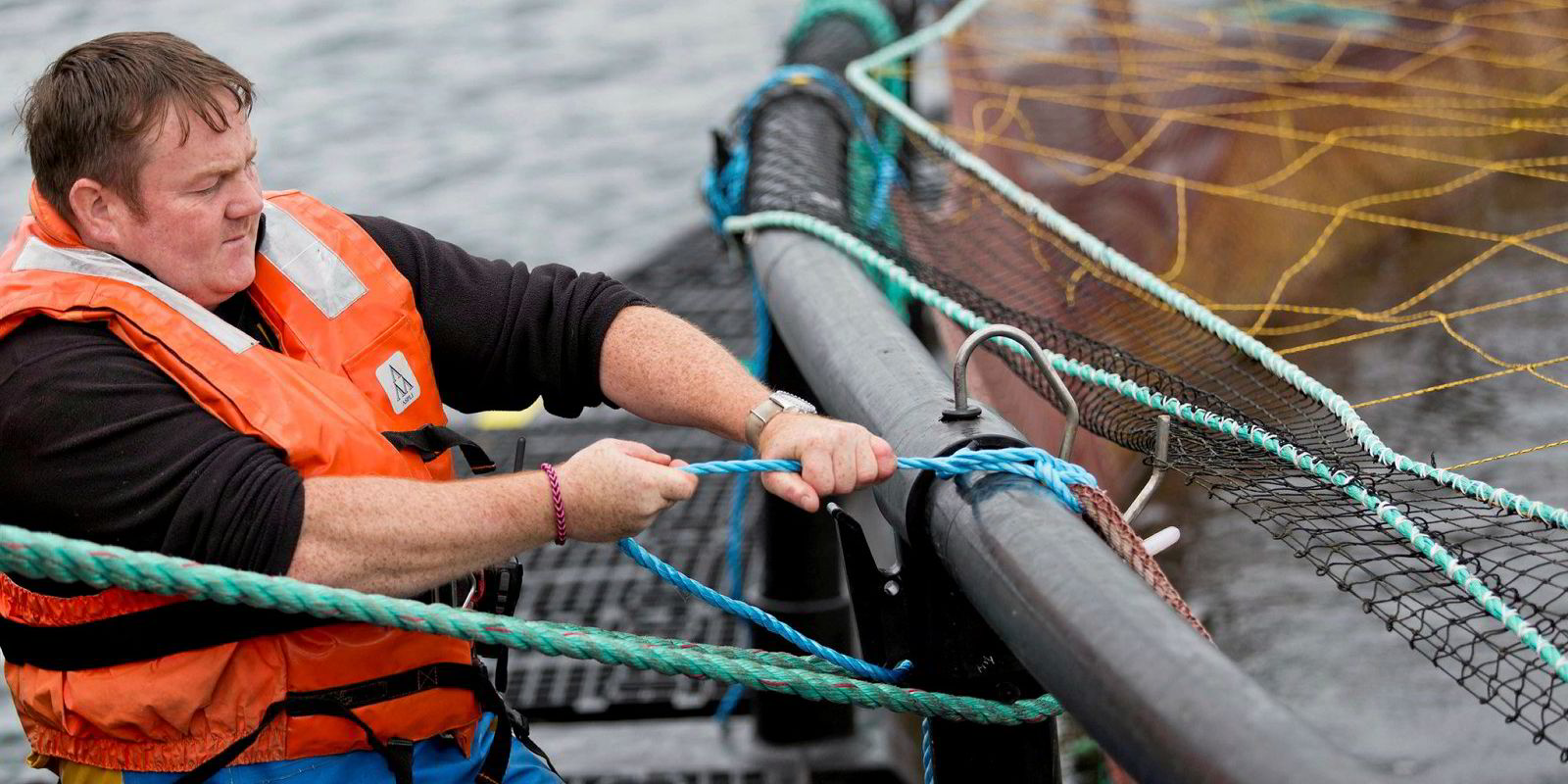Global salmon producer Grieg Seafood reported another good quarter Tuesday, but performance is still failing to live up to 2019 prior to the onset of the global coronavirus pandemic.
Following last year's third quarter recovery, the company reported another year-on-year quadrupling of earnings before interest, tax, depreciation and amortization (EBITDA) to NOK 354 million (€35.2 million/$39.9 million) in the fourth quarter.
But the number is still 25 percent off EBITDA in the fourth quarter of 2019, which had risen at that point to NOK 472 million (€46.9 million/$53.2 million).
Sales in the period rose 32 percent year on year to NOK 1.5 billion (€149 million/$169 million), 37 percent down on 2019, while harvests climbed 17 percent to 23,727 metric tons, 2,000 metric tons off 2019.
This brings volumes for the year to 75,600 metric tons, excluding volumes from the Shetland operation, which was sold Dec. 15.
Although an increase of 6 percent over 2020, originally the company was targeting 80,000 metric tons for 2021.
EBIT per kilo recovered to NOK 11.20 (€1.11/$1.26) from a loss of almost NOK 1 (€0.09/$0.11) per kilo year on year, but down from NOK 14.10 (€1.40/$1.59) per kilo in 2019.
Grieg CEO Andreas Kvame cited improving survival rates and declining costs as reasons for the strong performance.
While costs in Norway declined, he noted that costs at its British Columbia operations remained "too high" despite successful efforts to reduce algal bloom impacts.
Earlier this month, Grieg Seafood Rogaland, a subsidiary of Grieg Seafood, entered into partnership with Fishglobe for a 30,000-cubic-meter closed-containment fish farm.
Through their partner company Next Seafood, the companies will take over two development licenses, extending a pilot project for farming post-smolt in two small globes -- a significant step in reducing the impacts of sea lice and algal blooms, among other issues.
However, the company is facing headwinds in Canada.
In December, Joyce Murray, Canada's new Minister of Fisheries, Oceans and Canadian Coast Guard (DFO), said she remained committed to phasing out 19 netpen farms owned by Mowi, Cermaq and Grieg in British Columbia's Discovery Islands by June of next year.
The measure, proposed by former Fisheries Minister Bernadette Jordan, has resulted in a reduction of more than 3.5 million farmed salmon in the Discovery Islands since December of 2020 when the decision was made, Murray said in a statement Dec. 22.




